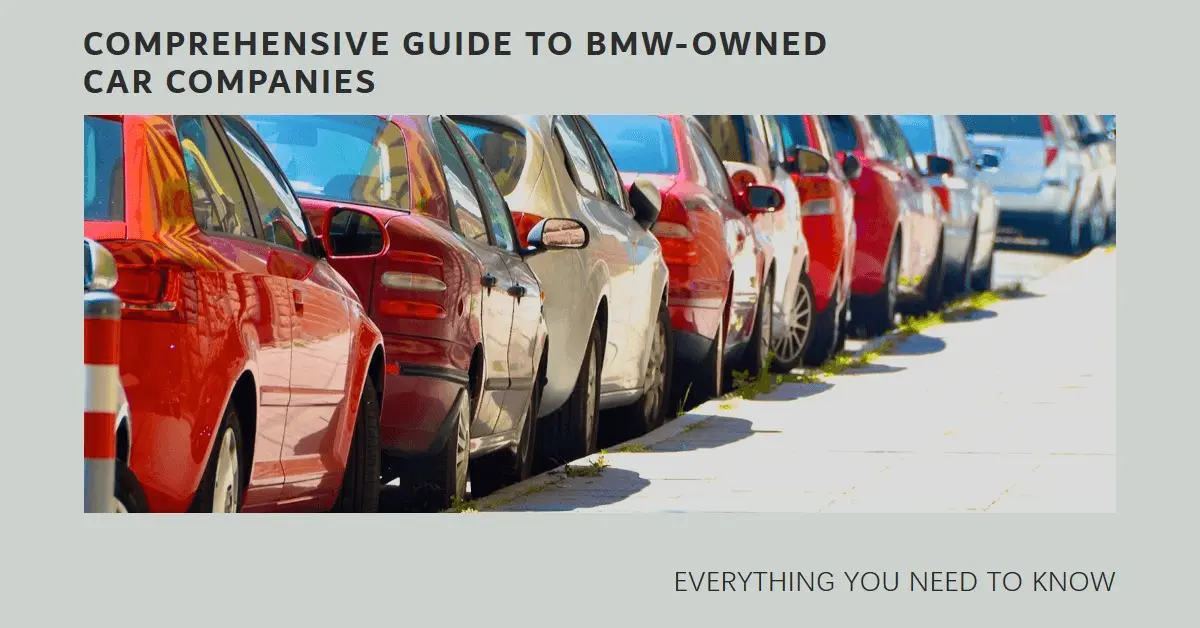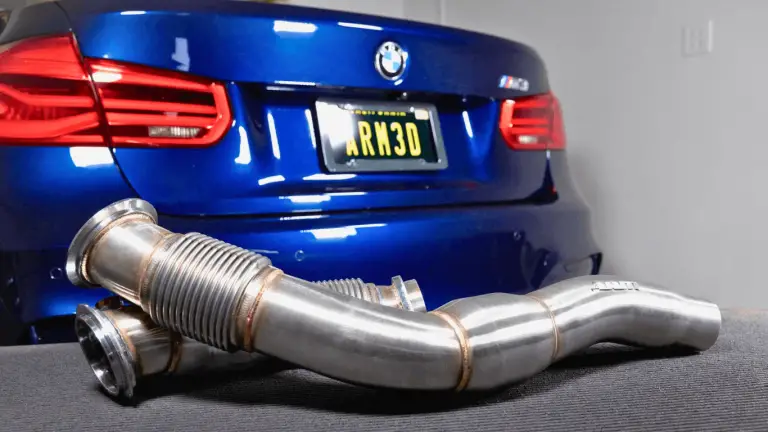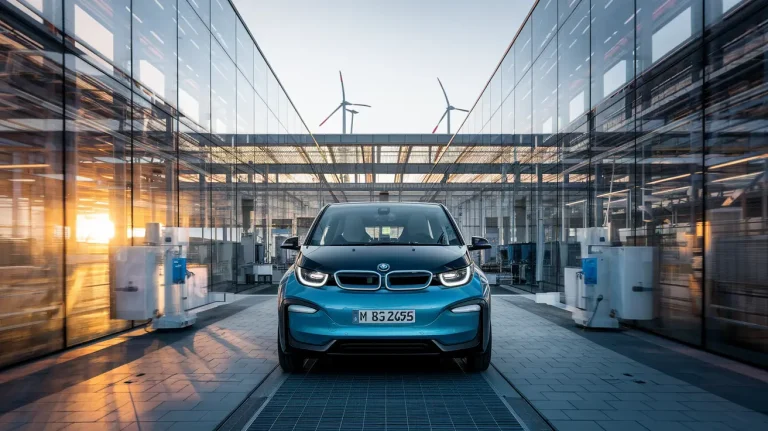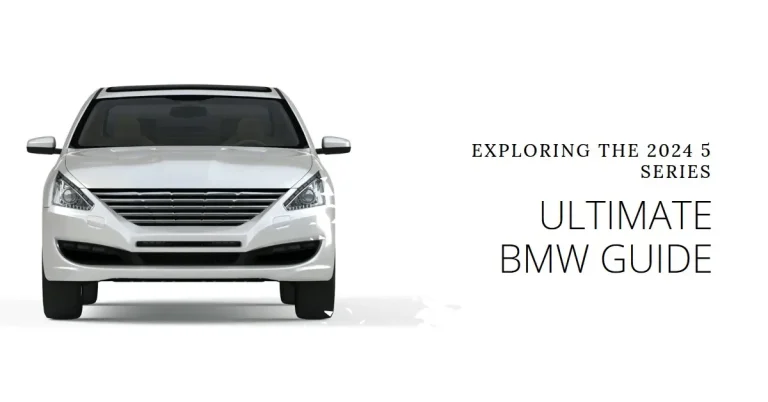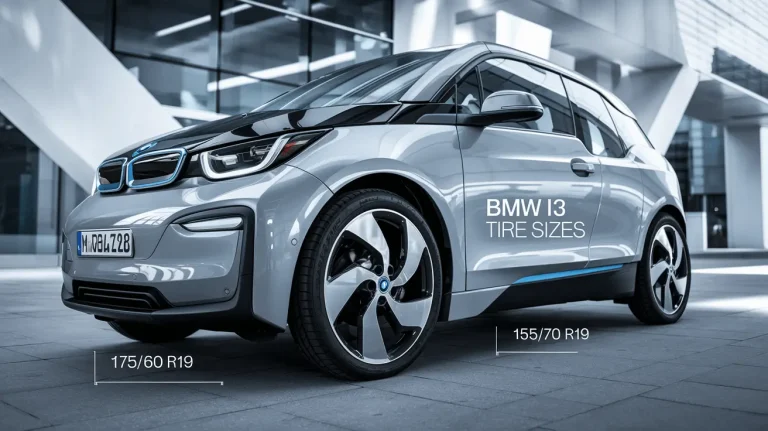Car Companies Owned by BMW: A Comprehensive Guide
Have you ever wondered about the automotive empires behind some of the world’s most iconic car brands? When it comes to luxury vehicles, few names carry as much prestige as BMW. But did you know that this German powerhouse owns several other renowned marques? In this comprehensive guide, we’ll explore the car companies under BMW’s umbrella, delving into the fascinating history and strategic acquisitions that have shaped the brand’s portfolio.
BMW Group’s Portfolio of Automotive Brands
Before we dive into the individual brands, let’s start with the parent company – BMW Group. Headquartered in Munich, Germany, BMW Group is a multinational corporation that has transcended its origins as a manufacturer of aircraft engines to become one of the world’s leading producers of premium automobiles and motorcycles.
While BMW is undoubtedly the group’s flagship brand, the company’s portfolio also includes two other prestigious marques: MINI and Rolls-Royce. Each of these brands has a distinct identity and heritage, catering to different segments of the luxury car market.
BMW: The Flagship Brand
Founded in 1916, BMW (Bayerische Motoren Werke AG) has a rich history that spans over a century. From its beginnings as an aircraft engine manufacturer, the company has evolved into a symbol of automotive excellence, renowned for its exceptional engineering, performance, and luxury.
Today, BMW’s lineup encompasses a wide range of vehicles, from sleek sedans and coupes to powerful SUVs and sports cars. Some of the brand’s most iconic models include the 3 Series, 5 Series, 7 Series, X5, and the legendary M performance division’s offerings, such as the M3 and M5.
MINI: The Iconic British Marque
While MINI’s roots can be traced back to the iconic compact cars of the 1960s, the brand’s modern revival is thanks to BMW’s strategic acquisition. In 1994, BMW purchased the Rover Group, which included the MINI brand, from British Aerospace for £800 million.
After reviving the brand with a modern interpretation of the classic MINI design, BMW has successfully positioned MINI as a premium small car brand, appealing to urban consumers who value style, efficiency, and a touch of quirky charm.
Today, the MINI lineup includes the iconic MINI Cooper, the sporty MINI Clubman, and the versatile MINI Countryman crossover, among others. These vehicles maintain the brand’s signature go-kart-like handling and distinctive design while incorporating BMW’s advanced engineering and technology.
Rolls-Royce: The Epitome of Luxury
When it comes to the pinnacle of luxury automobiles, few names carry as much weight as Rolls-Royce. However, BMW’s ownership of this legendary British marque wasn’t a straightforward acquisition.
In 1998, when Rolls-Royce and Bentley were put up for auction, a bidding war ensued between BMW and Volkswagen. While Volkswagen initially won the bid for both brands, BMW managed to secure the rights to the Rolls-Royce brand name and logo.
After a complex agreement that allowed Volkswagen to produce Rolls-Royce vehicles until 2003 using BMW engines and components, BMW officially became the sole owner and manufacturer of Rolls-Royce automobiles.
Under BMW’s stewardship, Rolls-Royce has continued to epitomize the pinnacle of luxury, craftsmanship, and exclusivity. The brand’s current lineup includes the iconic Phantom, the all-new Ghost, and the highly anticipated Cullinan SUV, among others.
BMW’s Past Ownership Ventures
While BMW’s current brand portfolio is focused on BMW, MINI, and Rolls-Royce, the company has had its fair share of ownership ventures in the past, some more successful than others.
One notable acquisition was BMW’s purchase of the Rover Group in 1994, which included not only the MINI brand but also Rover and Land Rover. However, this ownership proved to be a challenging endeavor for BMW, as the company struggled to reposition Rover alongside its own products.
After several years of unsuccessful attempts to revive the Rover brand, BMW sold Land Rover to Ford Motor Company in 2000 for £2.4 billion. The Rover brand, on the other hand, was eventually acquired by the Phoenix Consortium and continued to operate under the MG Rover group until its eventual demise in 2005.
Despite the challenges faced with the Rover Group acquisition, BMW’s ownership of MINI proved to be a resounding success, allowing the company to leverage the brand’s iconic status while injecting it with modern engineering and technology.
The Future of BMW’s Brand Portfolio
As the automotive industry continues to evolve, BMW Group remains committed to maintaining its position as a leading provider of premium vehicles while embracing the future of mobility.
While there are no concrete plans for acquisitions or partnerships at the moment, the company’s focus on electric vehicles and sustainable mobility solutions could potentially open up new avenues for collaboration or strategic investments.
However, one thing is clear: BMW Group remains dedicated to preserving the distinct identities of its brands. Whether it’s the performance-oriented heritage of BMW, the urban chic of MINI, or the unparalleled luxury of Rolls-Royce, the company understands the importance of maintaining these unique brand personalities.
The Impact of BMW’s Ownership on Brand Heritage
One of the most significant achievements of BMW’s ownership of MINI and Rolls-Royce has been the company’s ability to strike a balance between innovation and tradition. While both brands have benefited from BMW’s advanced engineering and technology, the company has been careful to preserve the unique qualities that have made these marques so beloved.
In the case of MINI, BMW has managed to capture the essence of the original Mini’s playful spirit and go-kart-like handling while injecting it with modern amenities and safety features. The result is a lineup of vehicles that appeal to both nostalgic enthusiasts and contemporary urbanites alike.
Similarly, Rolls-Royce has maintained its reputation for uncompromising luxury and craftsmanship under BMW’s stewardship. Each Rolls-Royce vehicle is a work of art, combining cutting-edge technology with the finest materials and attention to detail that has been the brand’s hallmark for over a century.
By sharing resources and technology across its brands, BMW has been able to leverage economies of scale while still allowing each marque to maintain its distinct identity and appeal.
Frequently Asked Questions
- Does BMW own any other car brands besides MINI and Rolls-Royce? No, as of now, BMW Group’s portfolio of car brands is limited to BMW, MINI, and Rolls-Royce.
- Where are MINI and Rolls-Royce vehicles produced? MINI vehicles are primarily produced at BMW’s manufacturing facilities in Oxford, England, and Born, Netherlands. Rolls-Royce vehicles, on the other hand, are handcrafted at the brand’s state-of-the-art facility in Goodwood, West Sussex, England.
- Can I buy a BMW-branded MINI or Rolls-Royce? No, while the brands share technology and resources, MINI and Rolls-Royce maintain their distinct brand identities and are marketed and sold separately from BMW.
- Does BMW plan to acquire any other luxury car brands in the future? While there are no official plans for acquisitions at the moment, BMW Group is always exploring opportunities to strengthen its position in the premium automotive market. However, any potential acquisitions would be carefully evaluated to ensure they align with the company’s strategic goals and brand values.
- How has BMW’s ownership impacted the quality and reliability of MINI and Rolls-Royce vehicles? BMW’s ownership has generally been viewed as a positive influence on both brands. MINI and Rolls-Royce vehicles have benefited from BMW’s engineering expertise, quality control, and access to advanced technologies, resulting in vehicles that are both reliable and true to their respective brand identities.
Conclusion
BMW’s ownership of MINI and Rolls-Royce has created a fascinating automotive landscape, where three distinct brands coexist under the umbrella of a single parent company. While each marque maintains its unique identity and heritage, they all share a commitment to excellence, innovation, and providing exceptional driving experiences.
From the performance-oriented BMWs to the quirky and efficient MINIs, and the unparalleled luxury of Rolls-Royce, the BMW Group’s portfolio offers something for every discerning automotive enthusiast. By carefully balancing tradition and modernity, BMW has shown that strategic acquisitions and brand management can be a recipe for success in the ever-evolving world of luxury automobiles.
So, the next time someone asks, “What car companies does BMW own?” you’ll be well-equipped to share the fascinating story behind this automotive powerhouse’s diverse brand portfolio.

